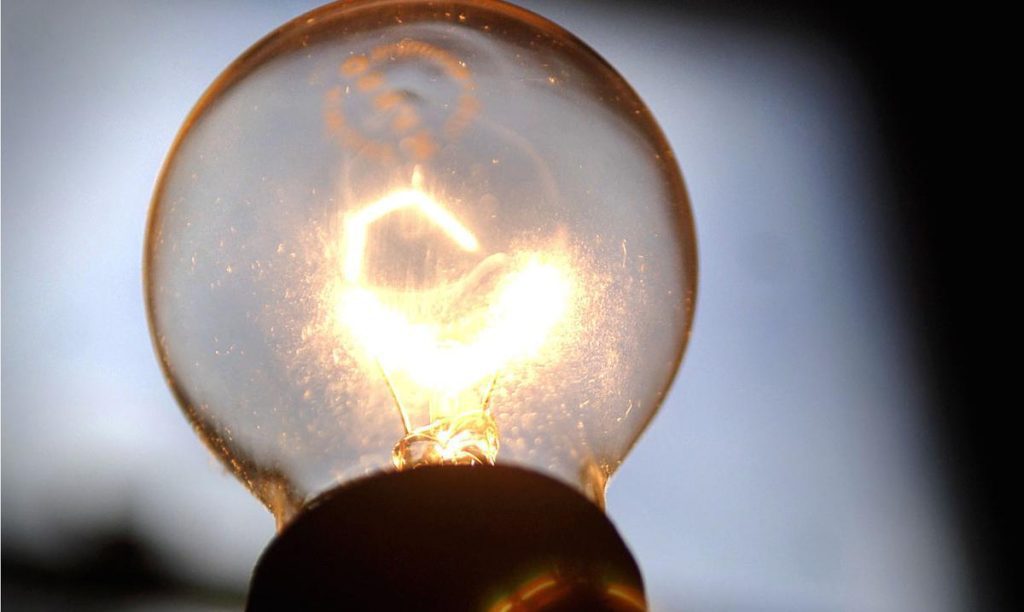The sweltering, indoor temperatures that characterize the summer months usually come with a costly factor: the increased electricity consumption in homes.
This summer, however, excess electricity consumption is not recommended, as cost per kilowatt-hour (kWh) continues to increase, as Puerto Rico’s Bureau of Energy (PREB) approved another increase that went into effect on July 1.
However, in daily life, consumers usually put up with practices that are ultimately too expensive for them.
Francis Berrios Melendez, chair of the Executive Committee of the Association of Electrical Experts, explained that the most common mistake consumers make is not maintaining electrical appliances. Especially when the air conditioners are not maintained.
“Our most common mistake is a lack of maintenance, including the ‘reflectors’. If you don’t keep them clean, they will wear you out a lot more,” he explained.
And it’s not a superficial cleaning, but every six months a technician should clean the turbines. In this way, you will ensure the efficiency of the equipment, as well as consume less electrical energy.
“High efficiency is directly proportional to the maintenance you provide. If you don’t clean it, and I’m not talking about external filters, we’re talking about a professional who goes to a technician and cleans the turbine. If that’s not cleaned at least every six months, you’ll have to work harder,” he stressed. And with more effort, you will have to use more energy.”
Likewise, any appliance over five years old will consume more electricity, so it is advisable to use modern equipment up to “energy star”which ranks products that meet the federal government’s energy efficiency requirements set by the U.S. Environmental Protection Agency (EPA) or the U.S. Department of Energy.
Under this standard, refrigerators are at least 15% more efficient than minimum federal efficiency standards; Rated TVs consume 3 watts or less when turned off, compared to a standard TV that consumes almost 6 watts on average; Furnaces are about 15% more efficient than the minimum federal efficiency standard.
If you are not using it, turn it off!
Piraeus Melendez reiterated that one of the practices that weighs the most on an electric bill begins when we forget to unplug the power equipment out of use.
“Whether we like it or not, even if you have a working light bulb, if you keep it, you’re going to wear out, you’re going to have an energy expenditure,” he said.
This is why you should be in the habit of turning off the lights when you leave the room, making the most of the natural light, and keeping the doors closed if the air conditioner is on.
In the same way, Berríos Meléndez recommended not crowding the refrigerator in order to avoid overconsumption, as well as reducing the number of times the refrigerator is opened.
He also warned of “ghost charges,” such as cell phone chargers, video games and connected TVs that are out of use.. also, The on computers, or in “standby” mode, they generate a higher consumption than when they are turned off at the end of their use. The same goes for a hair straightener.
“What we advise is that you put the ‘multi plug,’ and when you go to leave your house turn off the ‘multi plug,’ and when you go to use the TV, turn it on,” he said.
Another recommendation made by the Chairman of the Executive Committee of the College of Electrical Experts is Use of lamps.
“They (LED bulbs) use 7-10 watts each. They are very efficient and light up or radiate like 100 watts. In other words, you can change that, which is an economical measure, you can save energy,” he commented.

“Social media evangelist. Student. Reader. Troublemaker. Typical introvert.”

:quality(85)/cloudfront-us-east-1.images.arcpublishing.com/infobae/TEQF6EONZRFGLLLDIDD4L2O4EE.jpg)

:quality(75)/cloudfront-us-east-1.images.arcpublishing.com/elcomercio/XU32LRAEZFDDPNVHLFU3CKVBYY.jpg)



More Stories
Bank of America has taken a drastic measure that could affect thousands of customers
With the effect of lifting, illuminating and moisturizing
$1 bills can cost up to $150,000 due to a printing error